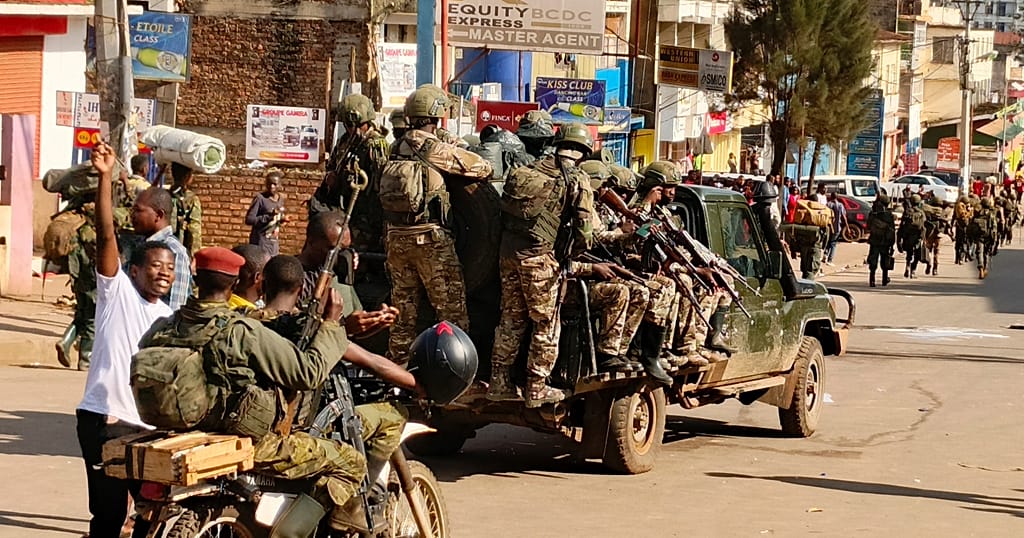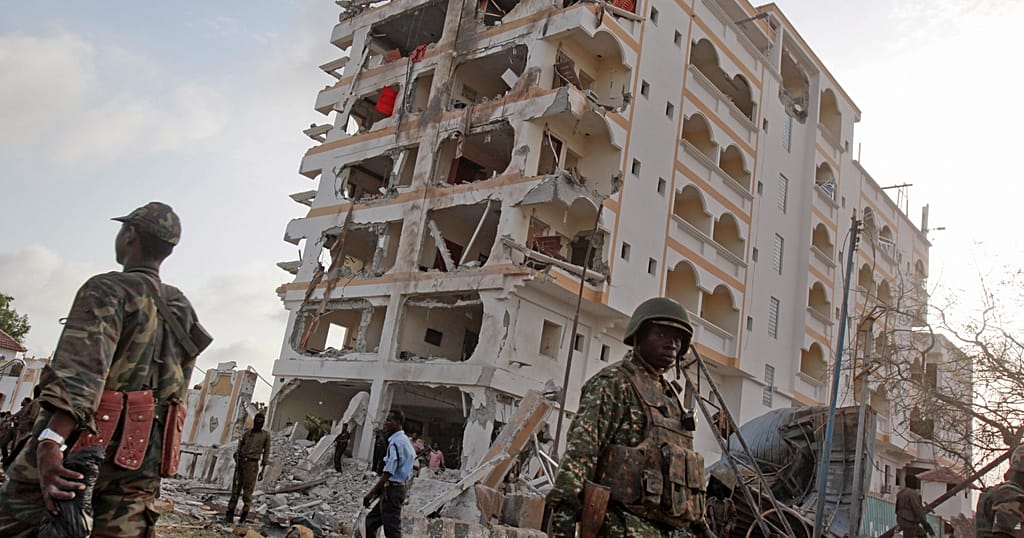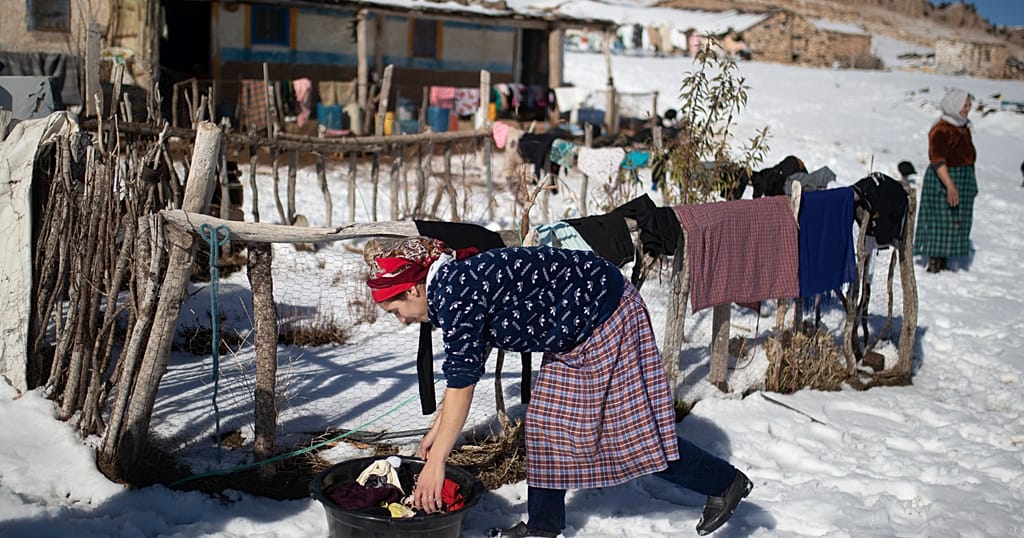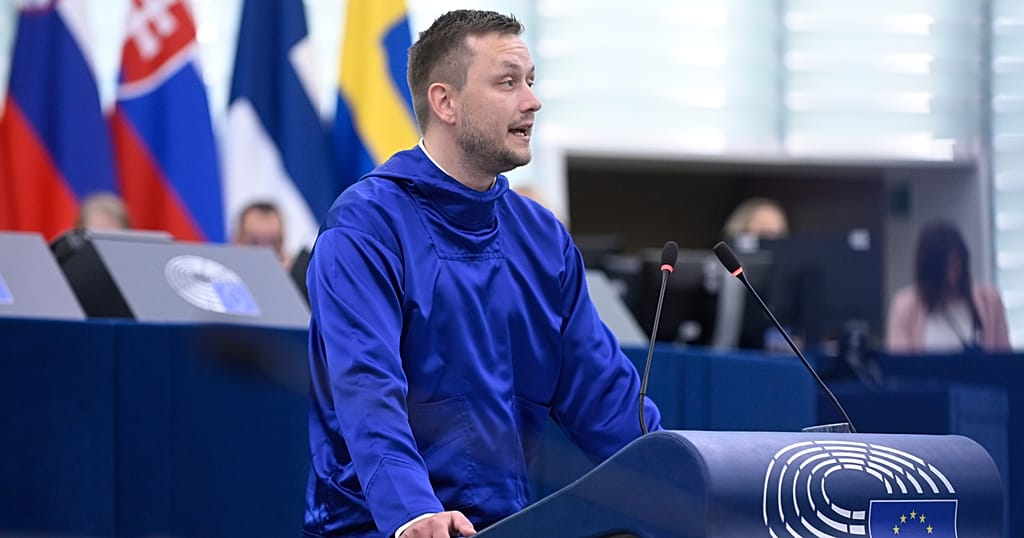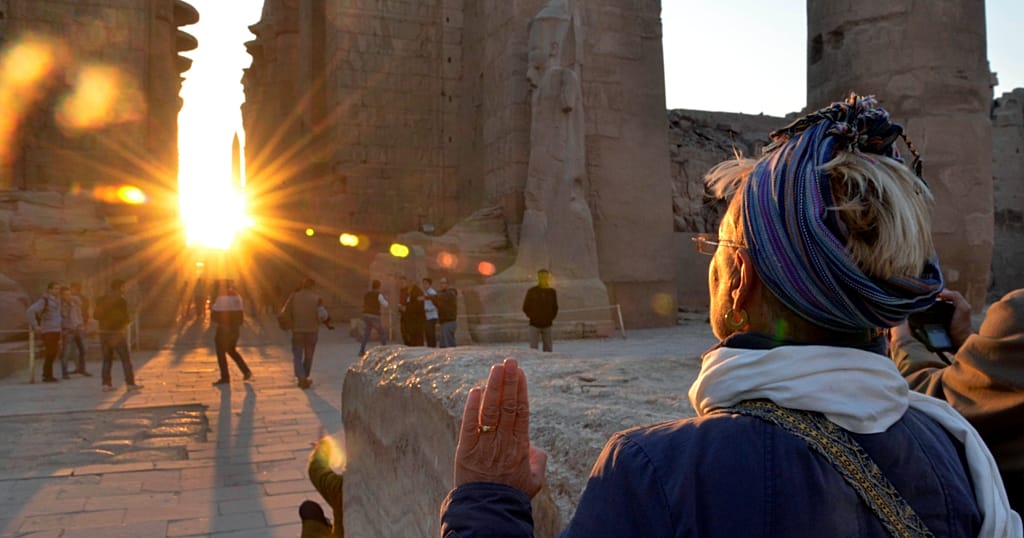UN says Central Africa challenged by climate crisis and political transitions
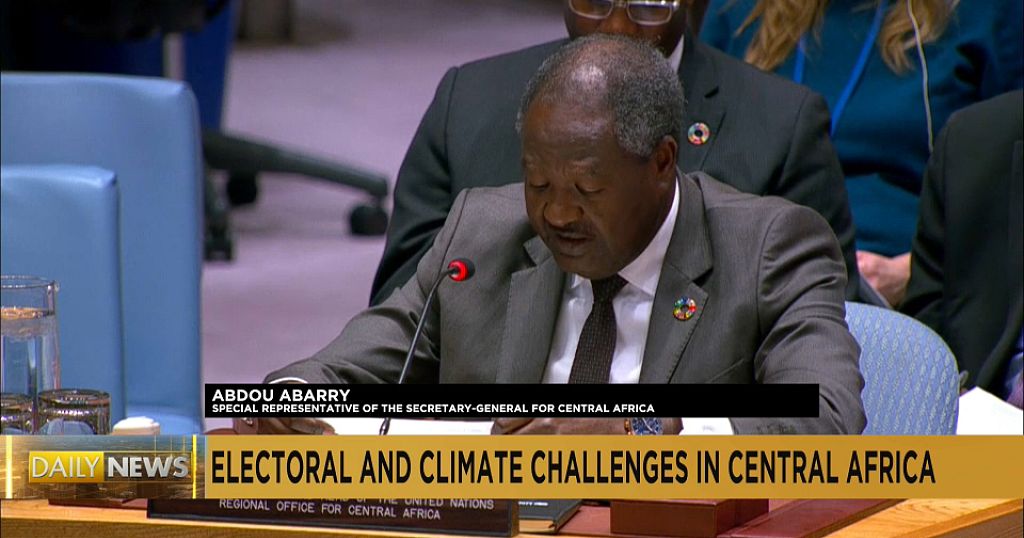
In a briefing to the United Nations Security Council, the UN Special Representative for Central Africa (UNOCA), on Saturday highlighted the dual challenges of electoral transitions and climate crises in the region.
Abdou Abarry highlighted the extension of UNOCA’s mandate and the adoption of the Pact for the Future.
The agreement strengthens multilateralism in addressing conflict prevention, sustainable development, human rights, and regional stability.
Abarry said UNOCA is closely monitoring electoral transitions in central Africa, advocating for “free, inclusive, and peaceful elections”.
“On 29 December, Chad will conclude its political transition with legislative, provincial, and local elections that will finalise institutions provided for under the constitution of the Fifth Republic, adopted via referendum on 17 December last year,” said Abdou Abarry.
“Furthermore, Burundi, Cameroon, Gabon, and the Central African Republic will hold legislative or presidential elections in 2025, while Congo and São Tomé and Príncipe will have presidential elections in 2026.”
The UN special representative said while there was progress in governance and conflict prevention, political instability was a major concern.
He noted “unconstitutional changes of government and the resurgence of insecurity linked to groups like Boko Haram”.
Abarry said the climate crisis was also a huge issue in the region.
“Since the beginning of 2024, almost every country in Central Africa has been affected by extreme climate events, resulting in deadly and destructive floods that have impacted more than 3.2 million people, exacerbating social and economic tensions in the sub-region.”
“It is encouraging to note that COP29 highlighted the key role of the Congo Basin forest, the planet’s ‘second green lung’,” he said.
However, he noted that less than 15 per cent of international financial commitments to Central Africa have been fulfilled.
He said it was crucial to secure funding to protect this vital ecosystem and enhance the resilience of populations in the region.
Source: Africanews



